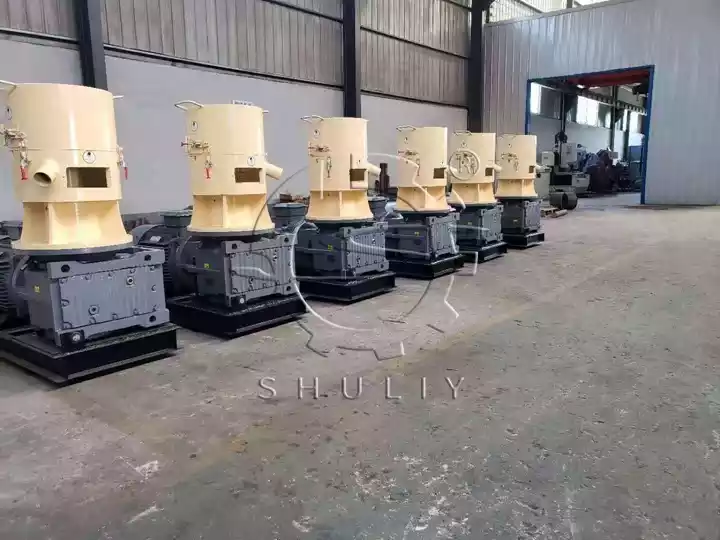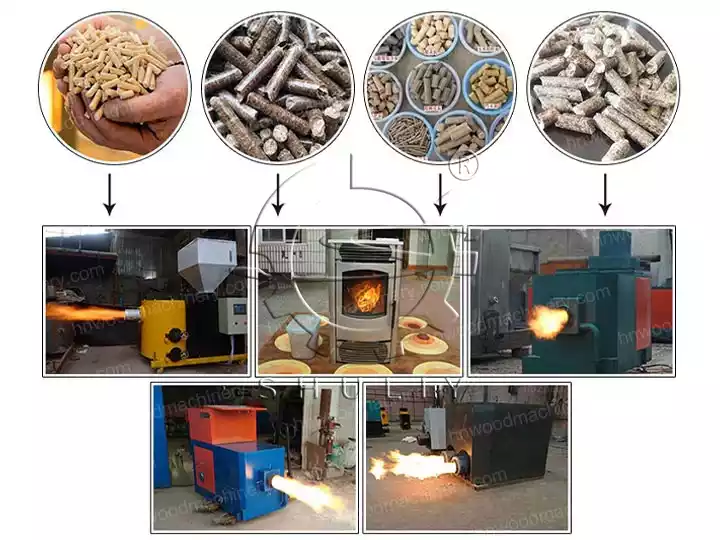バイオマスペレット製造機の環境上の利点
再生可能エネルギーの主要な製造装置として、バイオマスペレット製造機は、持続可能な開発と環境保護に対する現在の世界的な緊急の需要の下でますます注目を集めています。
この文書では、バイオマス燃料ペレットミルの環境上の利点に焦点を当て、気候変動の緩和と持続可能なエネルギー開発の促進におけるバイオマス燃料ペレットミルの重要な役割について詳しく議論します。

製造プロセスと環境上の利点
木質バイオマスペレットミルの製造プロセスは、資源のリサイクルに焦点を当てており、主な原材料には廃棄された農業廃棄物、木材チップ、わらなどが含まれます。
従来のエネルギーの抽出と利用と比較して、これらの原材料の収集と変換はより環境に優しく、天然資源の過剰開発を削減します。
バイオマスペレット製造機は、これらのバイオマス原料を高効率の圧縮成形技術により均一でコンパクトなペレットに加工することで、エネルギー密度の向上、保管・輸送の省スペース化、環境負荷の低減を実現します。

バイオマスペレットのクリーン燃焼
燃料としてのバイオマス ペレットの燃焼中に放出される二酸化炭素は大気から吸収され、カーボン ニュートラル効果を生み出すプロセスです。
従来の化石燃料と比較して、バイオマスペレットの燃焼プロセス中に放出される二酸化炭素の総量は少なく、大気中の二酸化炭素濃度は増加しません。
粒状であるため、燃焼がより完全になり、廃棄物の発生が少なくなり、大気汚染物質の排出が削減され、空気の質が大幅に改善されます。
バイオマスペレット製造機の役割
それが生産するペレット燃料は、生活暖房、産業生産、発電などの分野で広く使用され、従来の化石燃料を代替し、エネルギー構造の変革を促進することができます。
同時に、バイオマスペレット製造機の広範な適用は、農業廃棄物や森林残材などを有効に再利用する方法も提供し、農林業の持続可能な発展を促進し、環境に優しい産業チェーンを形成します。
